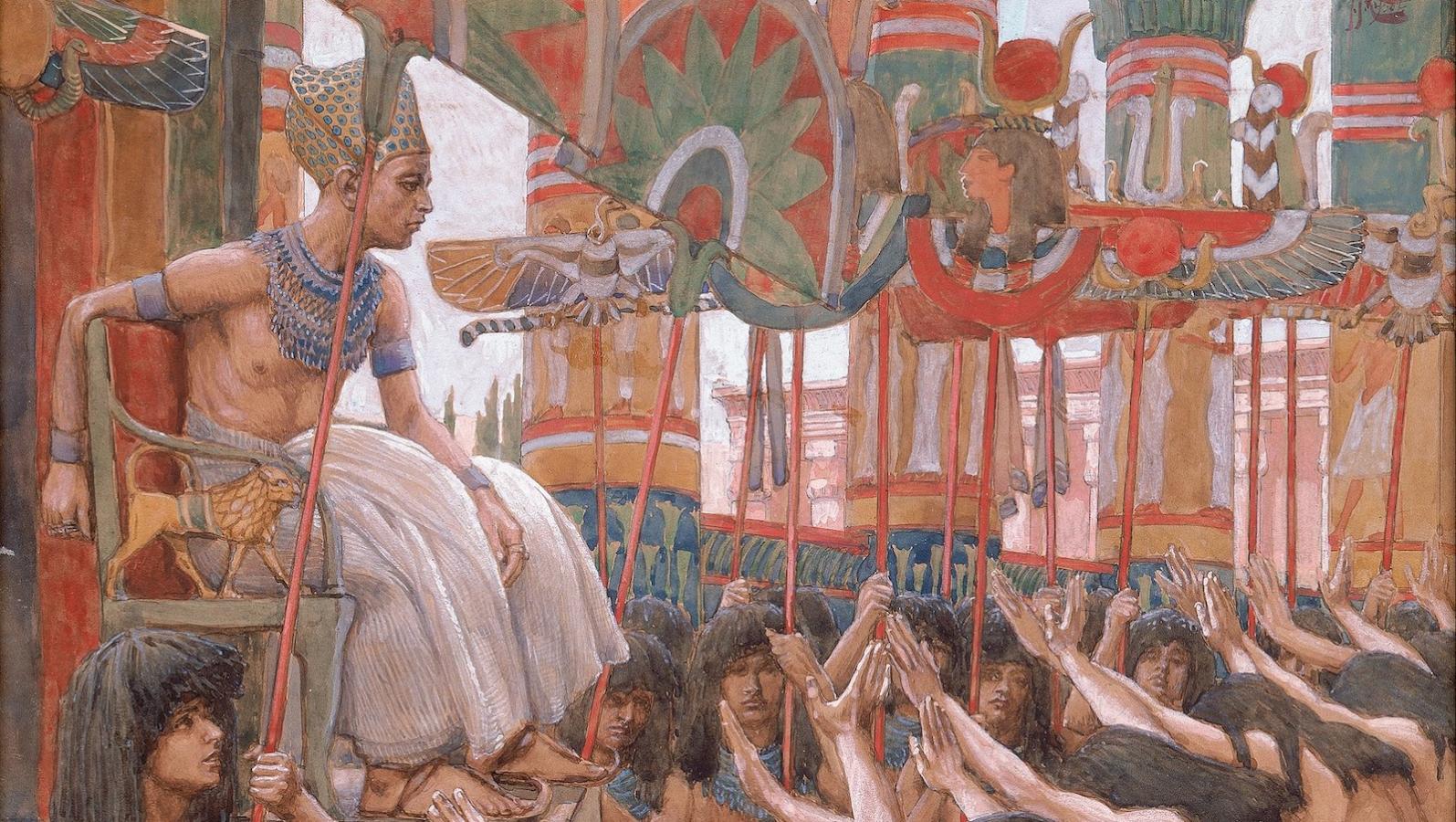Commentary on Parashat Miketz, Genesis 41:1-44:17; Numbers 28:9-15, 7:42-47
When we lose a loved one, we often find ourselves in a state of grief and confusion. How does someone emerge from this state to find renewed meaning in life?
That’s the question that confronts Joseph, the protagonist in this week’s Torah portion. The Joseph we read about in Parashat Miketz is not the immature, selfish young man we met several chapters ago. He has changed his perspective on life, no longer viewing himself as the center of the universe but instead seeing himself as part of a larger plan. How did he acquire that outlook? And how might we also learn from his example in coping with our own losses?
When we first meet Joseph in Genesis 37, he has a dream that the sun, the moon and eleven stars (representing his eleven brothers) are bowing down to him. Even his father, who favors Joseph over his other sons, is shocked by his narcissism and rebukes him for it. Joseph is too young to understand the dream’s implications, but old enough to misinterpret it and believe that everything is indeed about him. His self-centeredness drives his brothers to cruel jealousy, and they conspire to sell him into slavery.
Joseph’s status tumbles further when his Egyptian master’s wife accuses him of rape. That allegation lands him in jail, incarcerated in Pharaoh’s royal prison. We can imagine Joseph wondering how he could have fallen from the heights of privilege to the depths of a dungeon. When he pleads for help from a fellow inmate that he knows Pharaoh will eventually free, he shows again that he still believes himself to be at the center of his story: “For I was truly kidnapped from the land of the Hebrews; nor have I done anything here that they should have put me in the dungeon” (Genesis 40:14-15).

Help us keep Jewish knowledge accessible to millions of people around the world.
Your donation to My Jewish Learning fuels endless journeys of Jewish discovery. With your help, My Jewish Learning can continue to provide nonstop opportunities for learning, connection and growth.
But something happens to Joseph during his time in prison. We can see this change when he is summoned to appear before Pharaoh. When Pharaoh asks Joseph to interpret his dream, Joseph protests that it is God, not Joseph, who will make the meaning of the dream clear. After Joseph interprets Pharaoh’s dreams, he again clarifies that he is merely God’s instrument: “As for Pharaoh having had the same dream twice, it means that God has determined the matter and that God will soon carry it out” (Genesis 41:32).
Joseph must have found God in prison. He emerges as a humble adult who knows that he is not important enough for the forces of the universe to conspire against him. His changed perspective has enabled him to transcend his sense of self-importance. Joseph has found his purpose in life. He is an interpreter of dreams, not the orchestrator of events that the dreams foretell. He is not the big wheel, but a cog that makes the wheel roll. He may not yet understand the successive losses he has endured, but he has accepted that his fate is part of a larger plan. He simply must be open to discovering the meaning of the many difficult events of his life.
Like Joseph, we may despair in understanding why life deals us some hard blows. But we still possess the ability to choose how we respond to situations over which we have no control. If we can reach the stage where we accept that our questions may never yield satisfactory answers, we open the door to shifting our experience of loss. Like Joseph, viewing ourselves as instruments of a greater purpose may be key to transcending those questions and enabling renewed purpose to flow back into our lives.
This article initially appeared in My Jewish Learning’s Reading Torah Through Grief newsletter on Dec. 23, 2022. To sign up to receive this newsletter each week in your inbox, click here.
Looking for a way to say Mourner’s Kaddish in a minyan? My Jewish Learning’s daily online minyan gives mourners and others an opportunity to say Kaddish in community and learn from leading rabbis.




